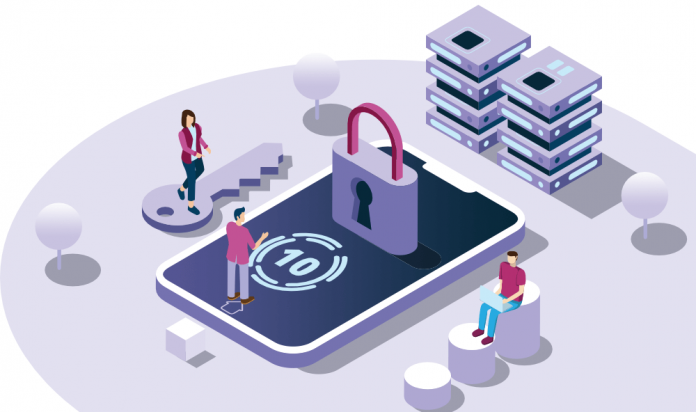The world we live in today is data-driven and digitized. Everything online from e-commerce, social media, and search engines collects user data for various reasons. Also, new technologies are allowing people to access, analyze, and monetize data like never before. What was once the domain of scientists, mathematicians, and analysts is now accessible to anyone with an internet connection and a mobile device. This new era of big data has led to groundbreaking innovations in everything from medical research to self-driving cars. However, the unprecedented personal data aggregation is also a severe drawback for digital privacy. Between social media tracking, website cookies, and AI monitoring users’ activities, we live in a world where almost all of our actions are now being recorded and analyzed by algorithms.
Technological innovations have expanded the scope of digitalization as many industries, including education, business, entertainment, and gaming, are fast jumping onto online platforms. Another relevant example of digital dominance is the betting industry which has migrated entirely into the digital space. The advent of simulated reality, online battle arena games like League of legends bet, online themed slots, and so on have further rebranded betting as a major online industry.
As expected, digitalization makes individuals more prone to exposing personal data and information because people now use the internet more than ever, making the topic of digital privacy a hot one. With the rapid adoption of smartphones, social media, and other digital technologies, the amount of data collected and shared online has grown exponentially in recent years. This, therefore, opens up the risk of privacy breaches.
Privacy breaches often lead to severe consequences such as cyberattacks, resulting in financial loss, loss of valuable data, leakage of confidential information, etc. Therefore, it’s time to take proactive steps toward protecting your digital privacy as we move into the future of big data. This article will explore five essential measures to protect your digital privacy online.
Update your software and devices regularly
Phones, computer software, apps, and even specific home gadgets are routinely updated by their providers. We agree that it can be aggravating to turn on your device and do an update that can change your software settings. However, you should note that the security benefits of an update are worth the stress. Most of these updates are required to prevent hackers or computer viruses from gaining access to your device. It is noteworthy that these software upgrades differ amongst devices, particularly phones. Whatever type of upgrades they are, they help improve the functionality of your device while also contributing to your digital security.
Avoid Installing superficial applications
Whenever you install one of these strange apps from an unknown site, you leave a security hole and may expose your personal information. Many mobile apps track your location and collect data about you without your knowledge. Therefore, always download apps from reputable sources such as the Apple, Windows, Google Play store, or the software’s official maker’s website.
Delete unnecessary apps and files and verify the privacy permissions of any other mobile apps you have on your device. To verify your privacy permission on an Android device, go to “Applications” under “Settings” and click the gear icon to see the permissions enabled for each application. For IOS users, go to settings and set the privacy tab.
Keep your device locked.
Your device must have password protection or other forms of security like a pin, fingerprint, facial ID, or pattern. This way, nobody can access such a gadget if it is misplaced or stolen. Of course, mobile devices are secure and encrypted by default; nonetheless, you must still undergo the proper steps, such as keeping your device locked, to ensure that they are securely protected. You should also enable remote tracking features on your device to locate it if it is misplaced or remotely clear the memory if it cannot be retrieved.
Use a secure virtual private network.
Web browsers such as Google Chrome, Firefox, and others are likely to collect information based on your activities on the browser. A secure virtual private network (VPN) can encrypt your browsing data, rendering it inaccessible and unreadable to third parties. Also, a secure VPN is vital to protect your privacy if you need to access public Wi-Fi, such as in a shopping mall or airport.
Share less information online.
Absolute privacy or anonymity on the internet is difficult, if not impossible. The best way to protect your information and ensure digital privacy is to share less information online. You should be very cautious when revealing personal information such as your phone number, ID card numbers, and address online, particularly on social media. The dangerous extent to which one’s personal information and data can be used for various nefarious purposes warrants active efforts to maintain digital security by carefully picking the type of information you publish online.
Conclusion
Today’s digital world is highly data-driven and computerized. Modern technology enables individuals to access, interpret, analyze, and profit from data in unimaginable ways, thus resulting in a high rate of privacy breaches. Due to this high frequency of privacy violations, active steps must be taken to protect your online privacy. Parimatch is one of the best online platforms to bet on any sport or game of your choice.






